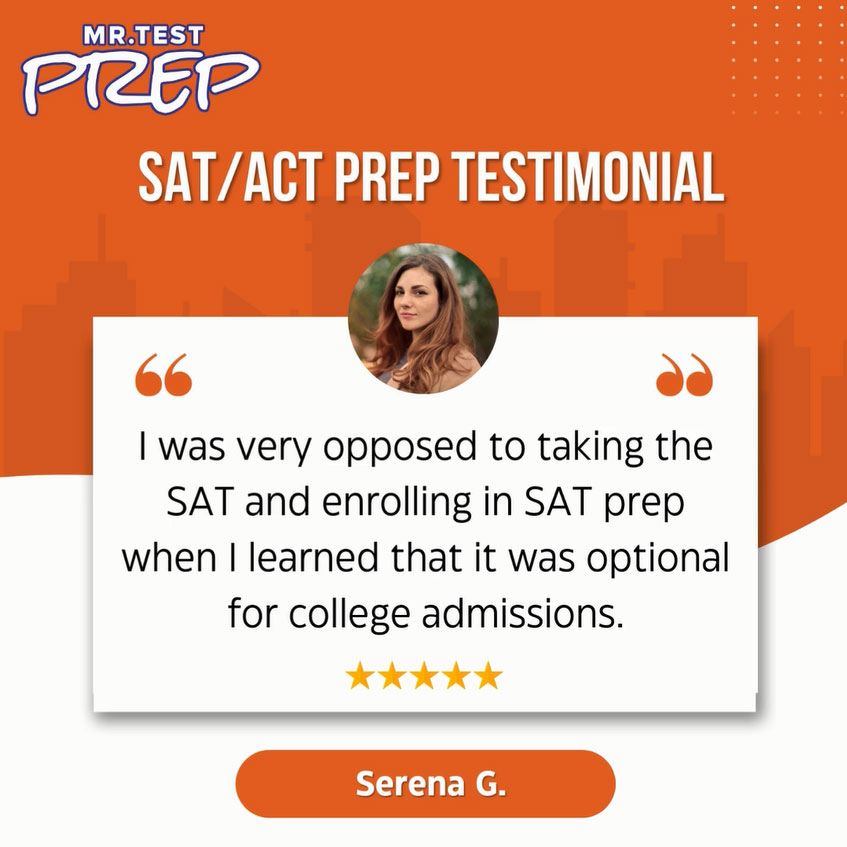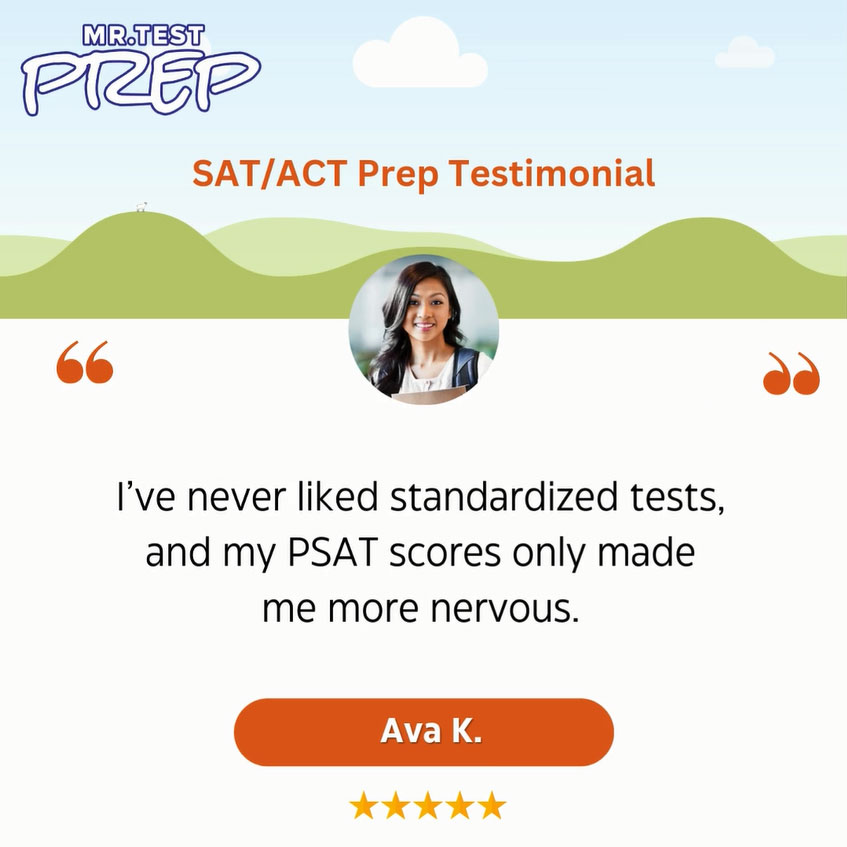
Mindfulness is the practice of being fully present and engaged in the moment, without judgment, and has numerous benefits for students preparing for the SAT or ACT and beyond, which are discussed in detail in this blog post: Benefits of Mindfulness for Students and Parents.
Here are 12 simple mindfulness practices that anyone can incorporate into their daily lives:
- Deep Breathing: Take a few moments to focus on your breath. Inhale slowly through your nose, feeling the air fill your lungs, and exhale through your mouth. Pay attention to the sensation of your breath and let go of any distracting thoughts.
- Body Scan: Close your eyes and mentally scan your body from head to toe. Notice any areas of tension, discomfort, or relaxation. This helps you connect with your body’s sensations.
- Sensory Awareness: Choose one of your senses (sight, hearing, touch, taste, or smell) and focus on the sensations related to that sense. For example, while eating, pay attention to the taste, texture, and aroma of your food.
- Mindful Walking: Take a walk, paying close attention to each step. Feel the ground beneath your feet, the movement of your legs, and the rhythm of your breath. Engage your senses and observe your surroundings.
- Mindful Eating: Before you eat, take a moment to appreciate the appearance, smell, and texture of your food. Eat slowly, savoring each bite, and pay attention to the flavors and sensations.
- One-Minute Meditation: Set a timer for one minute and close your eyes. Focus all your attention on your breath. If your mind wanders, gently bring your focus back to your breath.
- Gratitude Practice: Take a few moments each day to reflect on three things you’re grateful for. This can shift your focus toward the positive aspects of your life.
- Mindful Listening: During conversations, truly listen to the person speaking without interrupting or planning your response. Pay attention to their words, tone, and emotions.
- Nature Connection: Spend time in nature and observe the beauty around you. Whether it’s a park, a garden, or a natural setting, let yourself become immersed in the sights, sounds, and sensations.
- Digital Detox: Set aside designated times to disconnect from electronic devices. Use this time to engage in activities without distractions, like reading, drawing, or simply enjoying your surroundings.
- Loving-Kindness Meditation: Sit quietly and repeat phrases of goodwill and compassion for yourself and others. For example, you might say, “May I be happy. May I be healthy. May I live with ease.”
- Mindful Breathing Space: Take a few minutes to check in with yourself. Observe your thoughts, emotions, and physical sensations without judgment. This can help you cultivate awareness of your inner state.
Remember that mindfulness is a skill that develops over time with consistent practice. You don’t need to tackle all of these practices at once; start with one or two that resonate with you and gradually incorporate more as you feel comfortable. The key is to approach these practices with an open and non-judgmental attitude.
If you would like to work with an experienced online SAT-ACT-PSAT tutor who also integrates mindfulness practices into his prep classes, I am happy to help!




